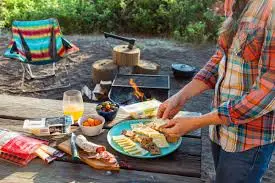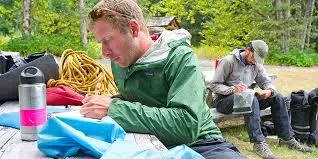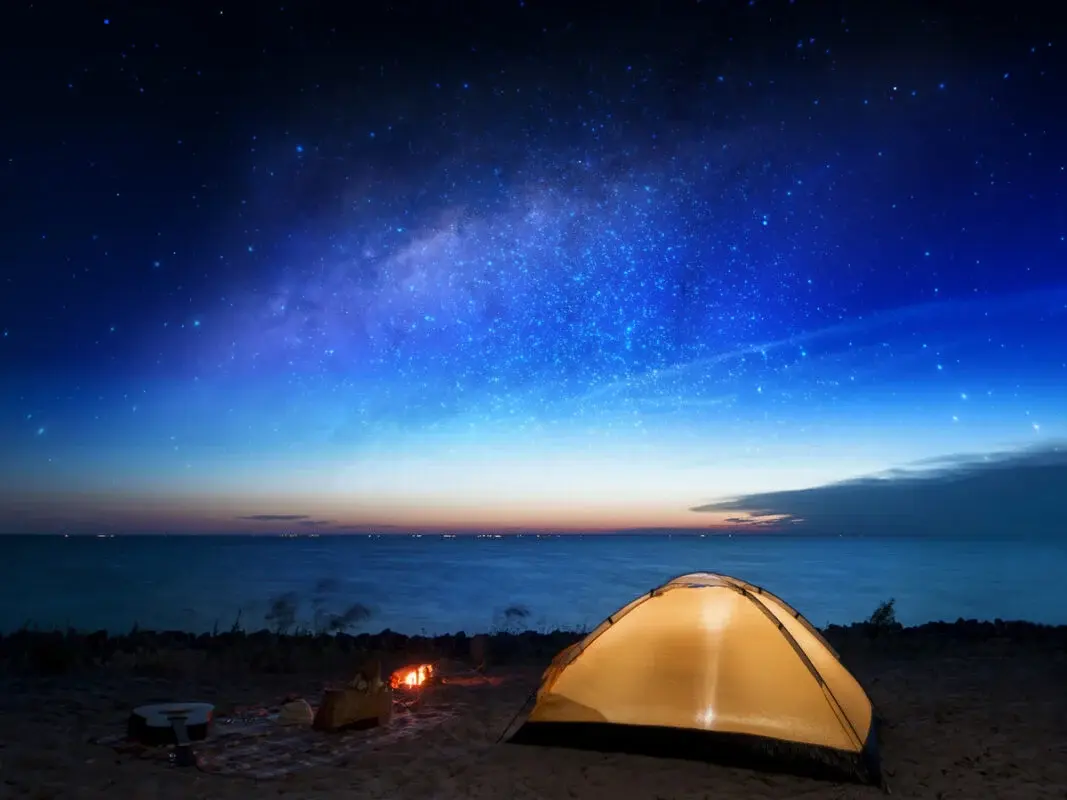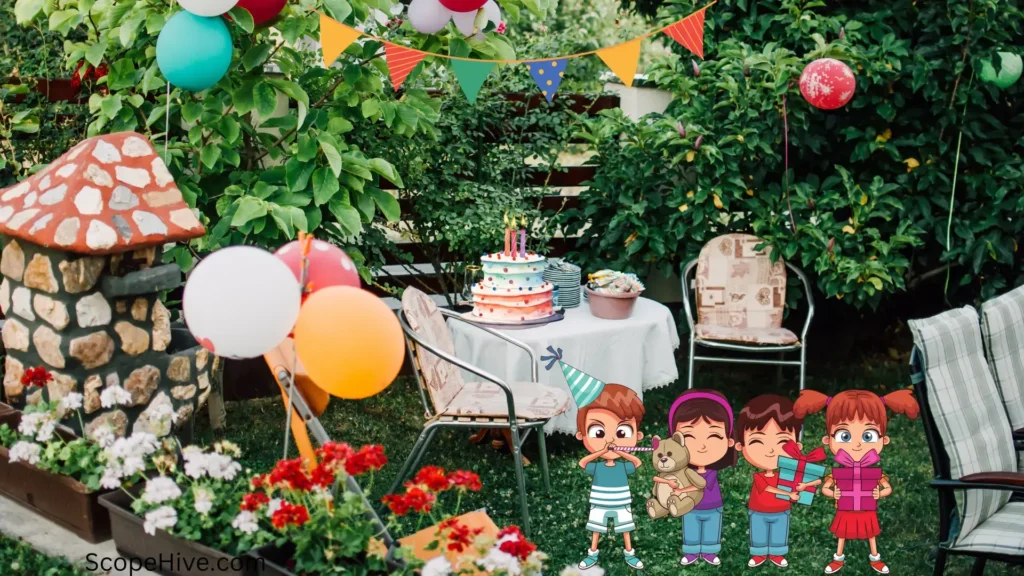Camping is a great way to escape the busy routines of daily life and reconnect with nature. Whether you’re a seasoned camper or a first-timer, thorough preparation can make all the difference between a fantastic adventure and a stressful experience. Here’s a detailed guide to help you plan a successful camping trip, covering everything from choosing the right destination to packing the essentials.
Choose Your Destination Wisely
The first step is to decide where you want to go. Your choice of campsite will shape your experience, so research potential locations thoroughly. Consider the facilities available: some sites offer toilets, showers, and even electric hookups, while others are more primitive. Think about accessibility—how far is the campsite, and can you easily get there by car or foot? Also, consider nearby activities such as hiking, fishing, or sightseeing. Whether you’re visiting a national park, a forest, or a local campground, each offers a unique experience, so choose based on your personal preferences.
Check the Weather Forecast:
Before packing, always check the weather forecast for the days you’ll be camping. Weather can be unpredictable, especially in wilderness areas, so being prepared for any conditions is essential. If it’s going to rain, bring waterproof gear and extra tarps. If it’s cold, pack layers to stay warm. Even in sunny weather, pack sunscreen and lightweight clothing to protect yourself from the sun.
Create a Packing Checklist:
One of the simplest ways to ensure you don’t forget anything is to create a packing checklist. Write down everything you’ll need, from your tent and sleeping gear to cooking equipment and clothing. Check off items as you pack them. A well-thought-out checklist can save you from scrambling to remember things at the last minute.
Pack the Right Tent
Your tent is your home away from home, so picking the right one is crucial. Choose a tent that’s appropriate for the number of people camping and the weather you’ll be facing. Make sure it’s waterproof and has good ventilation to prevent condensation. It’s also helpful to have a tent that’s easy to set up, especially if you’re arriving at the campsite late or in poor weather conditions.
Practice Setting Up Your Tent:
Don’t wait until you’re at the campsite to figure out how to pitch your tent. Practice setting it up at home to ensure you know how it works and that all parts are included. This also gives you a chance to check for any damage, like rips or broken poles, that need to be fixed before your trip.
Bring Appropriate Sleeping Gear:
A comfortable night’s sleep can make or break your camping trip. Make sure you have a high-quality sleeping bag suitable for the expected weather conditions. In colder climates, a sleeping bag with proper insulation is a must. Don’t forget a sleeping mat or air mattress for added comfort, as sleeping directly on the ground can be uncomfortable and cold.
Plan Your Meals:
Eating well while camping is not only necessary but can also be fun. Plan meals in advance, considering the cooking options available to you. Bring easy-to-prepare foods that don’t require refrigeration, like canned goods, dehydrated meals, and energy bars. If you’re staying for several days, pre-cook some meals to save time. And of course, don’t forget snacks like trail mix or marshmallows for roasting over the campfire.
Pack Cooking Essentials:
If you’re planning on cooking while camping, pack a portable stove or a campfire grill, matches or a lighter, pots, pans, utensils, and any condiments you may need. Make sure to include items like cooking oil, spices, and a cutting board. A portable cooler can also help keep perishable items fresh.
Water Supply:
Water is one of the most essential things to pack. Make sure you have enough drinking water for the entire trip. If the campsite has a water source, bring a portable water filter or purification tablets to make the water safe for drinking. Don’t rely solely on the camp’s water supply—bring backups.
Clothing for All Weather:
Camping exposes you to the elements, so it’s essential to pack clothing that keeps you comfortable in a range of conditions. Dress in layers so you can easily add or remove clothing as the temperature changes. Bring moisture-wicking base layers, a warm fleece or jacket for chilly nights, a raincoat for wet weather, and sturdy shoes or hiking boots for uneven terrain.
Pack a First Aid Kit:
Safety should always be a priority when camping, so a well-stocked first aid kit is essential. Include items like bandages, antiseptic wipes, pain relievers, blister treatments, tweezers, and insect bite cream. If you’re hiking or exploring in remote areas, it’s wise to also pack a snake bite kit and emergency blanket.
Bring Insect Repellent and Sunscreen:
Nature is beautiful, but insects and sunburns are not. Insect repellent is a must to protect yourself from mosquitoes, ticks, and other bugs, especially if you’re camping near water. Sunscreen with high SPF is equally important for keeping your skin protected from harmful UV rays, even on cloudy days.
Lighting:
Don’t forget to pack reliable lighting, such as a flashlight or headlamp, and bring extra batteries. Campsites can get very dark at night, and you’ll need a light for setting up camp, cooking, and moving around after dark.
Pack for Safety:
In addition to a first aid kit, bring safety items like a whistle, multi-tool, map, compass, and a backup phone battery. If you’re heading to a remote area, these items could be lifesaving in an emergency. A portable GPS device can also be useful, especially if you’re going hiking in unfamiliar terrain.
Think about what you want to do while camping and pack accordingly. Whether it’s hiking, fishing, or birdwatching, bring the necessary gear for your activities. Having a plan for how to spend your time will ensure you make the most of your trip.
Learn Campfire Safety:
If you plan to have a campfire, make sure you know how to build it safely and keep it under control. Only use designated fire pits, never leave the fire unattended, and make sure it’s fully extinguished before leaving or going to sleep. Bring extra water or a fire extinguisher to put out the fire properly.
Pack Trash Bags:
Campsites should be left as you found them, so pack trash bags to collect all your garbage. Follow the “Leave No Trace” principle by cleaning up after yourself and respecting the environment.
Inform Someone of Your Plans:
Always let someone know where you’re going and when you expect to return. This is especially important if you’re camping in remote locations with limited cell service. In the event of an emergency, it’s crucial that someone knows your whereabouts.
Test Your Equipment:
Before heading out, test all your camping equipment to make sure it’s in working order. This includes your stove, lanterns, tent poles, and zippers. Checking your gear ahead of time will help you avoid any surprises in the wild.
Pack Entertainment:
While camping is a great opportunity to disconnect, it’s nice to have some entertainment for downtime. Bring a good book, a deck of cards, or a journal to unwind in nature. Enjoy the slower pace and take time to relax.
By following these detailed tips, you’ll be fully prepared for your camping adventure, ensuring a safe, fun, and stress-free trip in the great outdoors.











